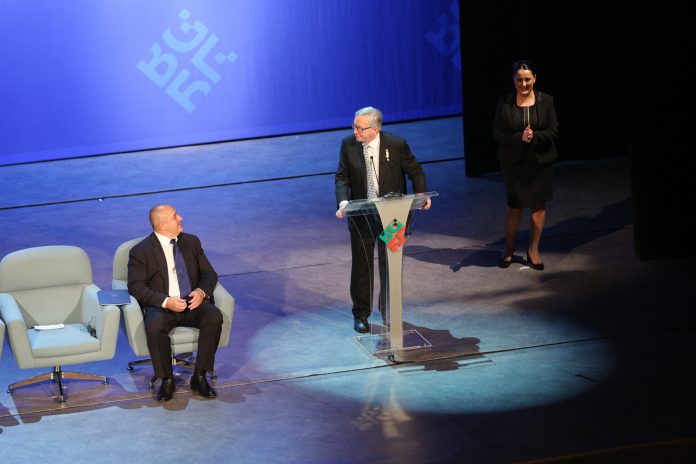Bulgaria’s first time at the helm of the European Union (the country took up the rotating EU presidency on January 1) has thrown the spotlight on Sofia’s dismal track record for fighting corruption.
Singled out as the EU’s most corrupt country, Bulgaria has repeatedly faced criticism from the European Commission for failing to prosecute and sentence allegedly corrupt officials.
As reported by Euronews, Bulgarians have been left with a sour taste.
“As far as the government is concerned there are surely good old boys network companies, which provide an opportunity to make money out of them,” one Bulgarian told Euronews.
One former prime minister told Euronews that the country badly needs external support.
“The EU has all the possibilities to advise us and in fact we had judges and instructors coming from some of the countries to help us. But all this must be done in a normal legal consequential way and not sounding the alarm or something,” said Simeon de Saxe-Coburg.
According to Transparency International, Bulgaria has made some progress in the fight against petty corruption, but it says high-level corruption has worsened.
“What’s needed is an adequate reform and to pursue the reforms within the public administration, the reform of the judiciary system must also be pursued. Those are the main areas where we should focus our efforts,” commented Vanya Nusheva, from Transparency International Bulgaria.
In related news, the BBC noted that Bulgaria’s parliament has overturned a presidential veto on an anti-corruption bill, clearing the way for the creation of a unit to tackle high-level abuse.
President Rumen Radev refused to sign the bill into law last week, questioning its efficiency.
Meanwhile, the Reuters news agency quoted European Commission President Jean-Claude Juncker praising Bulgaria’s strong public finances and saying that all countries that meet the criteria should be able to adopt the euro.
“I did not say that Bulgaria will be automatically the next member of the euro zone but it is heading in the right direction because… Unemployment is falling, the budgetary situation in strong, so when it comes to genuine convergence, Bulgaria has achieved progress,” Juncker said.
“It is not quite enough yet and our Bulgarian friends are aware of this, but when it comes to real convergence there has been genuine progress,” he said.

